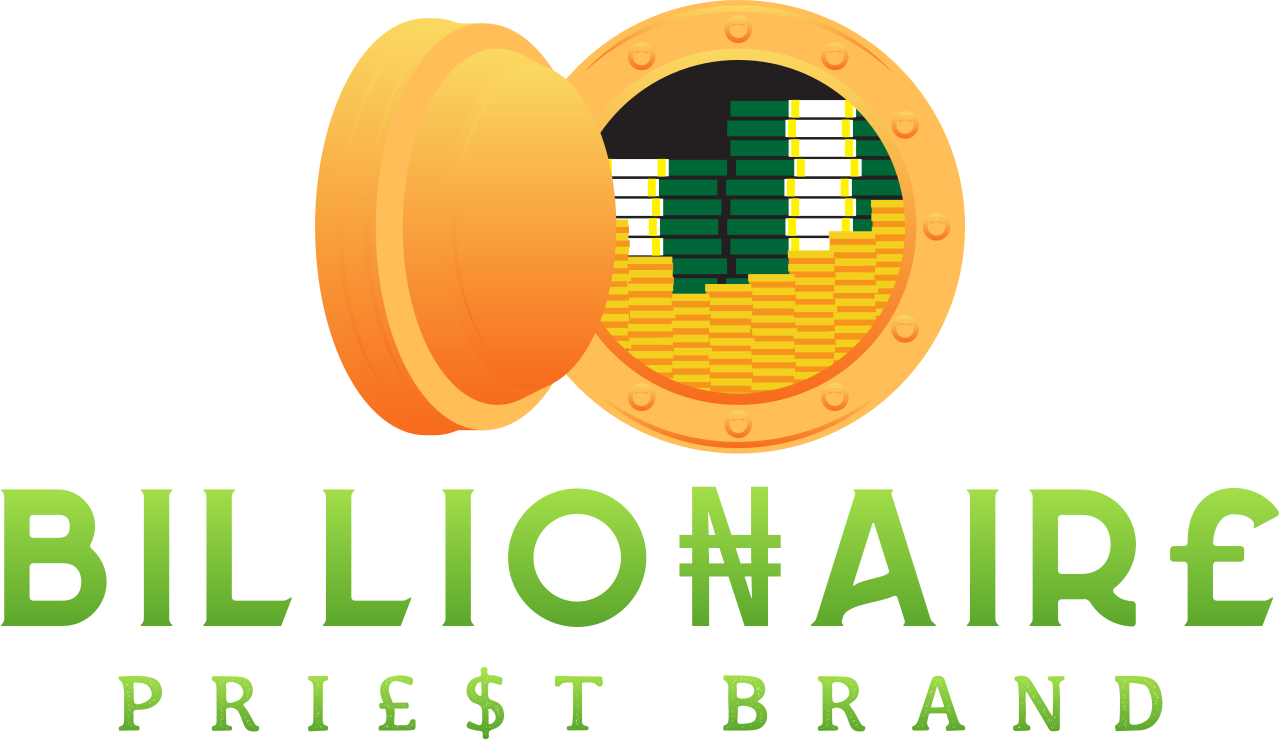
The phrase “Always remember that you are wealth itself” is a powerful reminder that true value comes from within—not from material possessions, status, or external validation.
Here’s what it means, deeply:
🔹 1. You are the source, not the product
“Wealth” isn’t just money. It’s:
- Your ideas
- Your energy
- Your mindset
- Your creativity
- Your resilience
- Your character
These inner qualities are what generate external success. They are the source of wealth—not the byproduct.
You don’t chase wealth.
You realize you are the thing that creates it.
🔹 2. External wealth can be taken. Internal wealth cannot.
Money can be lost. Jobs can vanish. Markets crash. But:
- Skills remain
- Wisdom stays
- Integrity holds
- Vision regenerates
True wealth is when you can lose everything and still rebuild—because you carry the blueprint within you.
🔹 3. Self-worth drives net worth
If you forget that you are wealth itself, you may:
- Overvalue what others give you
- Undervalue your own contribution
- Chase things to “feel” rich, instead of being rich in spirit and presence
But when you remember your own value, your actions, speech, and decisions come from a place of abundance, not lack.
🔹 4. You attract what you believe you are
When you walk with the mindset that you are wealth, you start:
- Moving with confidence
- Speaking with clarity
- Acting with purpose
People, opportunities, and success naturally align with that frequency.
✅ In summary:
You are wealth itself means:
You are the source of value, not dependent on it.
You carry within you the traits that create abundance.
Everything outside of you is a reflection—not the root.
So, don’t chase what you already are. Build it from within, and let the outside world catch up.







